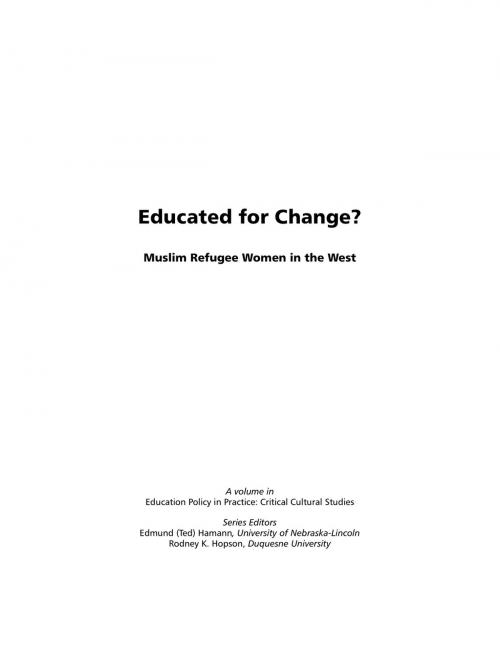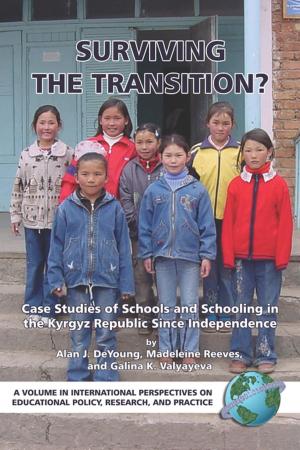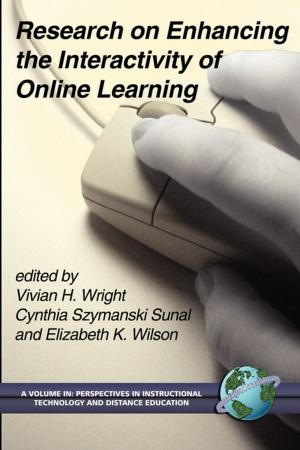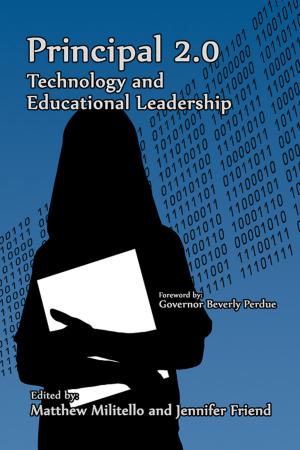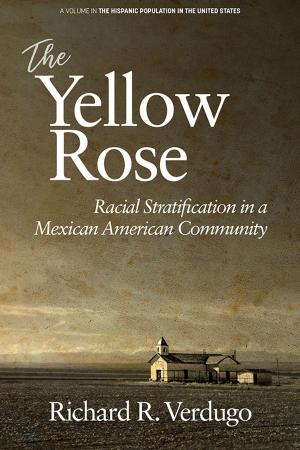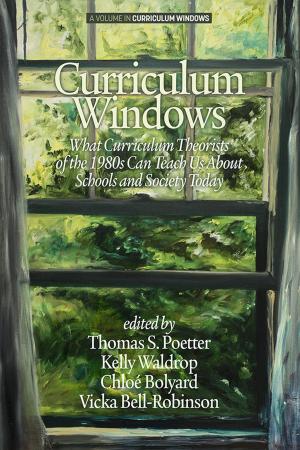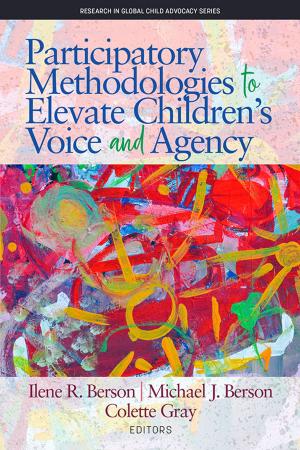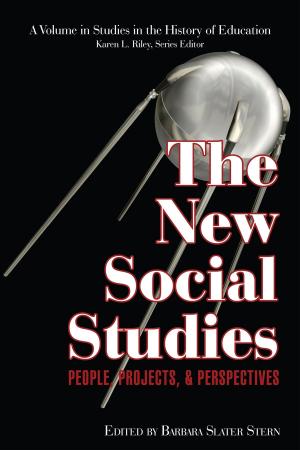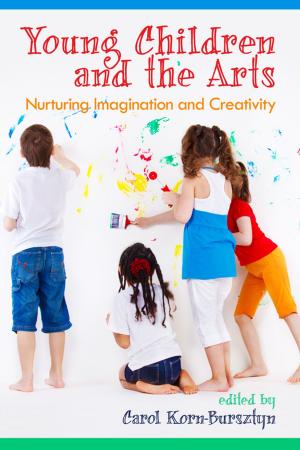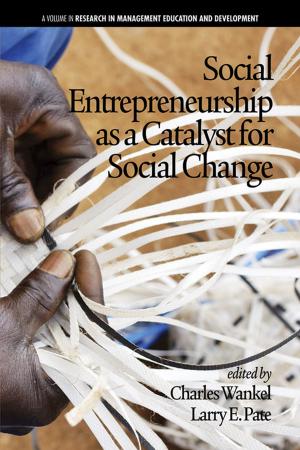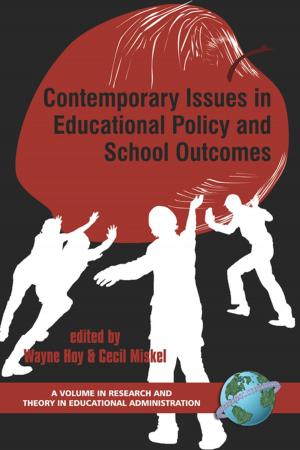Educated for Change?
Muslim Refugee Women in the West
Nonfiction, Reference & Language, Education & Teaching, Student & Student Life, Social & Cultural Studies, Social Science, Cultural Studies, Ethnic Studies, Gender Studies, Women&| Author: | Patricia Buck, Rachel Silver | ISBN: | 9781617356223 |
| Publisher: | Information Age Publishing | Publication: | December 1, 2012 |
| Imprint: | Information Age Publishing | Language: | English |
| Author: | Patricia Buck, Rachel Silver |
| ISBN: | 9781617356223 |
| Publisher: | Information Age Publishing |
| Publication: | December 1, 2012 |
| Imprint: | Information Age Publishing |
| Language: | English |
Educated for Change?: Muslim Women in the West inserts Muslim women’s voice and action into the bifurcated, and otherwise male dominated, relations between the West and the Islamic East. A multilayered, multisite, educational ethnography, Buck and Silver’s study takes a novel approach to its feminist charge. Drawing upon thick description of refugee women’s school experiences in two seemingly distinct locations, Educated for Change? engages the dual nature of schooling as at once a disciplinary apparatus of local, national, and international governance, and paradoxically, a space and process through which school community members wield the power to observe, deliberate, and act as agents in the creative and willful endeavor of living. In doing so, the text locates formal schooling as a key location at which one can witness the politics of cultural change that emerge when Western and Islamic communities converge. Following an initial introduction to the ethnohistorical formation and dissolution of the Somali postcolonial state resulting in a prolonged exodus of Somali citizens, the text is divided into two parts. Part One features an examination of young women’s approaches to schooling in the Dadaab refugee camps of northeastern Kenya; Part Two looks at schooling among Somali women resettled in a northern region of the United States. Each part includes a description of the unique, if interconnected, local factors and policies that give rise to particular forms and ends of schooling as designed for refugee women. Several chapters depict women’s strategic use of schooling to respond to structural forces, build intercultural social networks, and negotiate new ways of being Somali women. Educated for Change? concludes with an analysis of the implications of Somali refugee women’s schooling experiences for working definitions of global social justice that undergird feminist political scholarship and gendersensitive, humanitarian aid policy and practice.
Educated for Change?: Muslim Women in the West inserts Muslim women’s voice and action into the bifurcated, and otherwise male dominated, relations between the West and the Islamic East. A multilayered, multisite, educational ethnography, Buck and Silver’s study takes a novel approach to its feminist charge. Drawing upon thick description of refugee women’s school experiences in two seemingly distinct locations, Educated for Change? engages the dual nature of schooling as at once a disciplinary apparatus of local, national, and international governance, and paradoxically, a space and process through which school community members wield the power to observe, deliberate, and act as agents in the creative and willful endeavor of living. In doing so, the text locates formal schooling as a key location at which one can witness the politics of cultural change that emerge when Western and Islamic communities converge. Following an initial introduction to the ethnohistorical formation and dissolution of the Somali postcolonial state resulting in a prolonged exodus of Somali citizens, the text is divided into two parts. Part One features an examination of young women’s approaches to schooling in the Dadaab refugee camps of northeastern Kenya; Part Two looks at schooling among Somali women resettled in a northern region of the United States. Each part includes a description of the unique, if interconnected, local factors and policies that give rise to particular forms and ends of schooling as designed for refugee women. Several chapters depict women’s strategic use of schooling to respond to structural forces, build intercultural social networks, and negotiate new ways of being Somali women. Educated for Change? concludes with an analysis of the implications of Somali refugee women’s schooling experiences for working definitions of global social justice that undergird feminist political scholarship and gendersensitive, humanitarian aid policy and practice.
